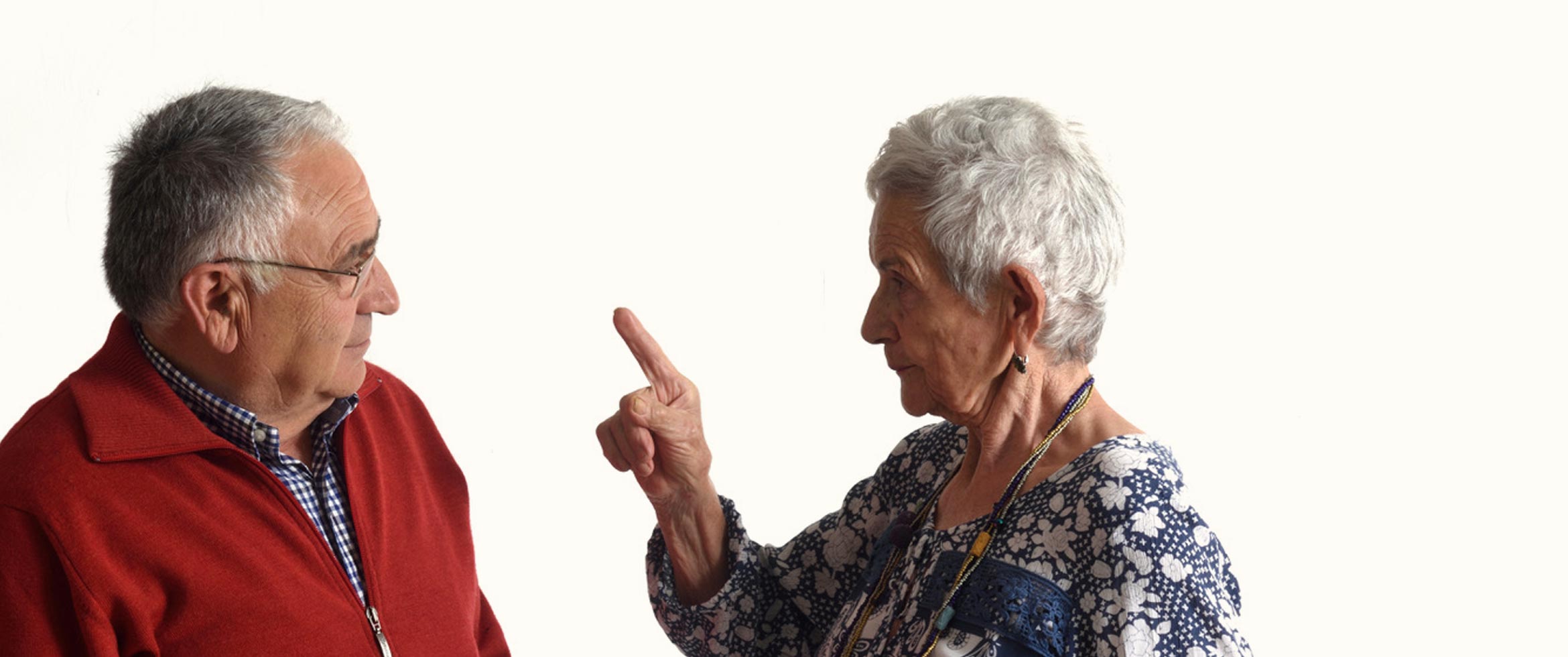Based on a campaign run in Belgium in 2003, Europe’s Energy Neighborhoods was a program designed to allow neighborhoods to ‘bet’ with their municipalities that they could reduce e…
Eat Smart to Play Hard (ESPH) was an obesity prevention campaign designed to increase fruit and vegetable consumption among 8–11-year-olds in both urban and rural school settings.…
After observations revealed that hand hygiene compliance during critical moments of care was lacking in Aarhus University Hospital’s oncology department, a team made up of behavio…
HSBC’s Clean Air Achievers was a free program offered to Canadian students in grades 5 through 9 with two main goals: (1) to produce fewer greenhouse gasses (GHG) through reducing…
Vancouver’s Employee Trip Reduction Program was launched by the Greater Vancouver Regional District (GVRD) to reduce single-occupant vehicle commuter travel among its employees, p…
Bike Smarts, a public education program in British Columbia, was introduced at Lochside Elementary School in 1996 as a way to educate students about bicycle safety and encourage t…
Class 5 Energy was an approach to energy reduction developed in White Bear Lake Minnesota that was tested in two unique settings – a school and a healthcare facility. Using materi…
Bologna’s Bella Mossa program explored how positive incentives could be used to encourage citizens to reconsider their travel choices, reducing the number of trips made in convent…
The following case study explores how the City of Burlington’s Ice Rink Energy Competition employed a low cost, easily replicable approach to significantly reduce energy consumpti…



